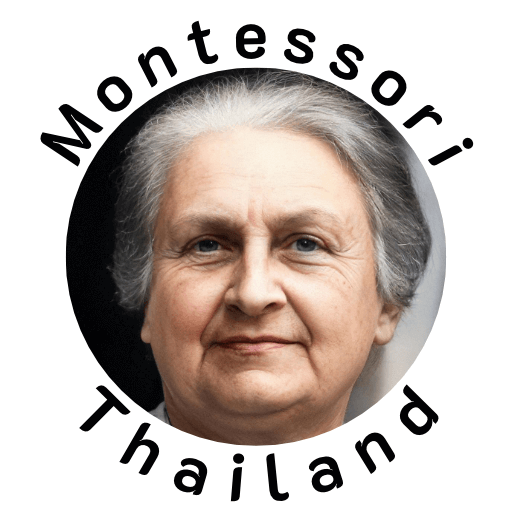
by MontessoriX | 1 Aug 2023 | Glossary
Respect is a fundamental value within the Montessori educational philosophy. Maria Montessori emphasized the importance of respect for self, others, the environment, and the learning materials[1]. This principle manifests in the Montessori classroom through the...

by MontessoriX | 1 Aug 2023 | Glossary
In Montessori education, Repetition refers to the repeated engagement of a child with a particular activity. Unlike adults who typically work towards an external objective, young children work towards internal goals. Thus, they often repeat an activity until...

by MontessoriX | 1 Aug 2023 | Glossary
Reading comprehension, or the ability to understand and interpret written language, is a critical skill that enables children to process information, make sense of complex ideas, and participate fully in academic environments. Montessori education approaches reading...

by MontessoriX | 1 Aug 2023 | Glossary
In Montessori education, the term Psychic Embryo refers to the concept that the first three years of a child’s life is a period of mental development that parallels the physical development that occurs during the nine months of...

by MontessoriX | 1 Aug 2023 | Glossary
In the Montessori approach, the Primary Classroom caters to children between the ages of three and six years. It typically encompasses preschool and kindergarten-aged children[1]. This multi-age grouping allows for a family-like environment in which younger...

by MontessoriX | 1 Aug 2023 | Glossary
In Montessori education, the Prepared Environment refers to a setting designed to facilitate independent learning and exploration by the child.[1] The environment, prepared by the adult, contains only the essential materials and tools for optimal...







